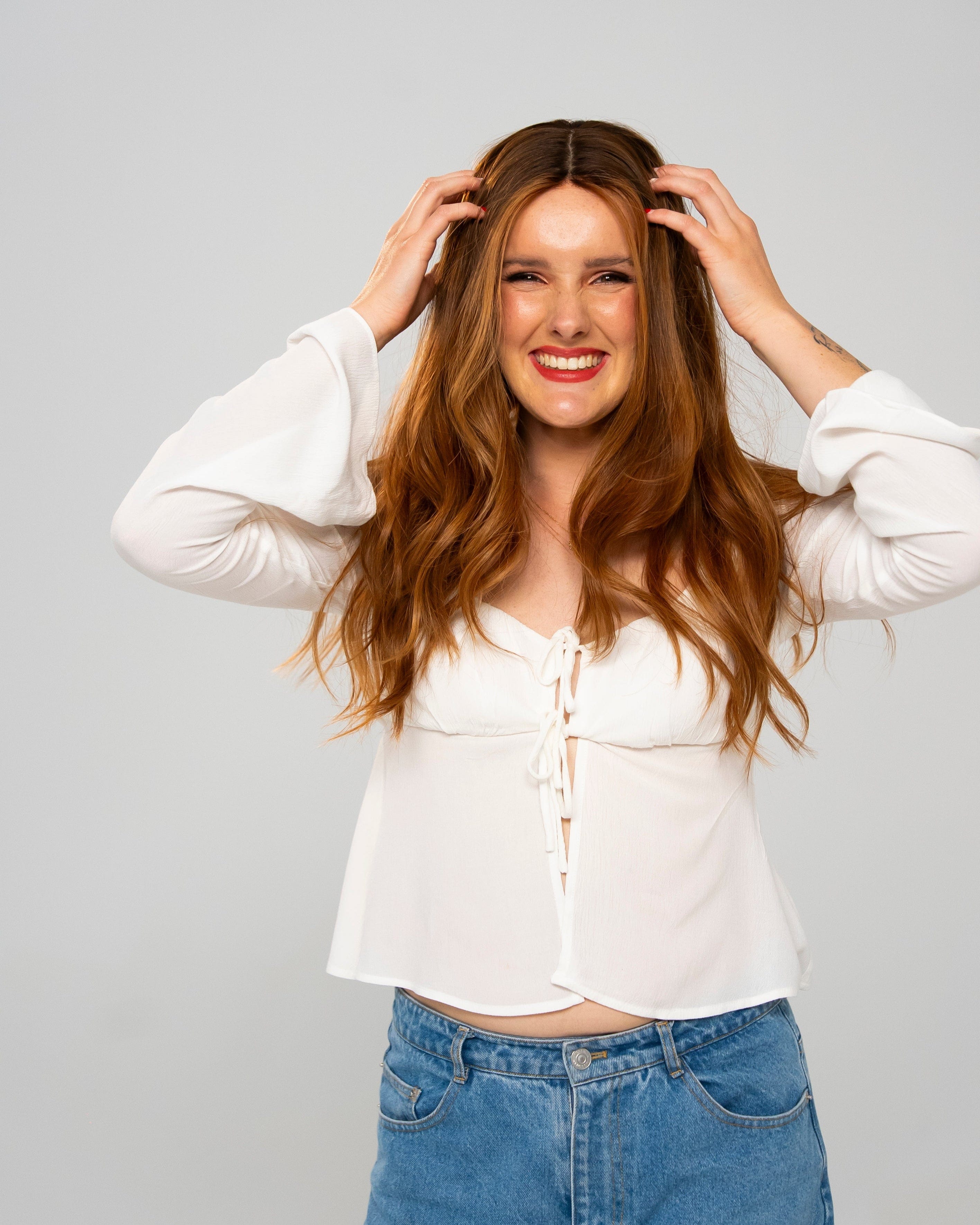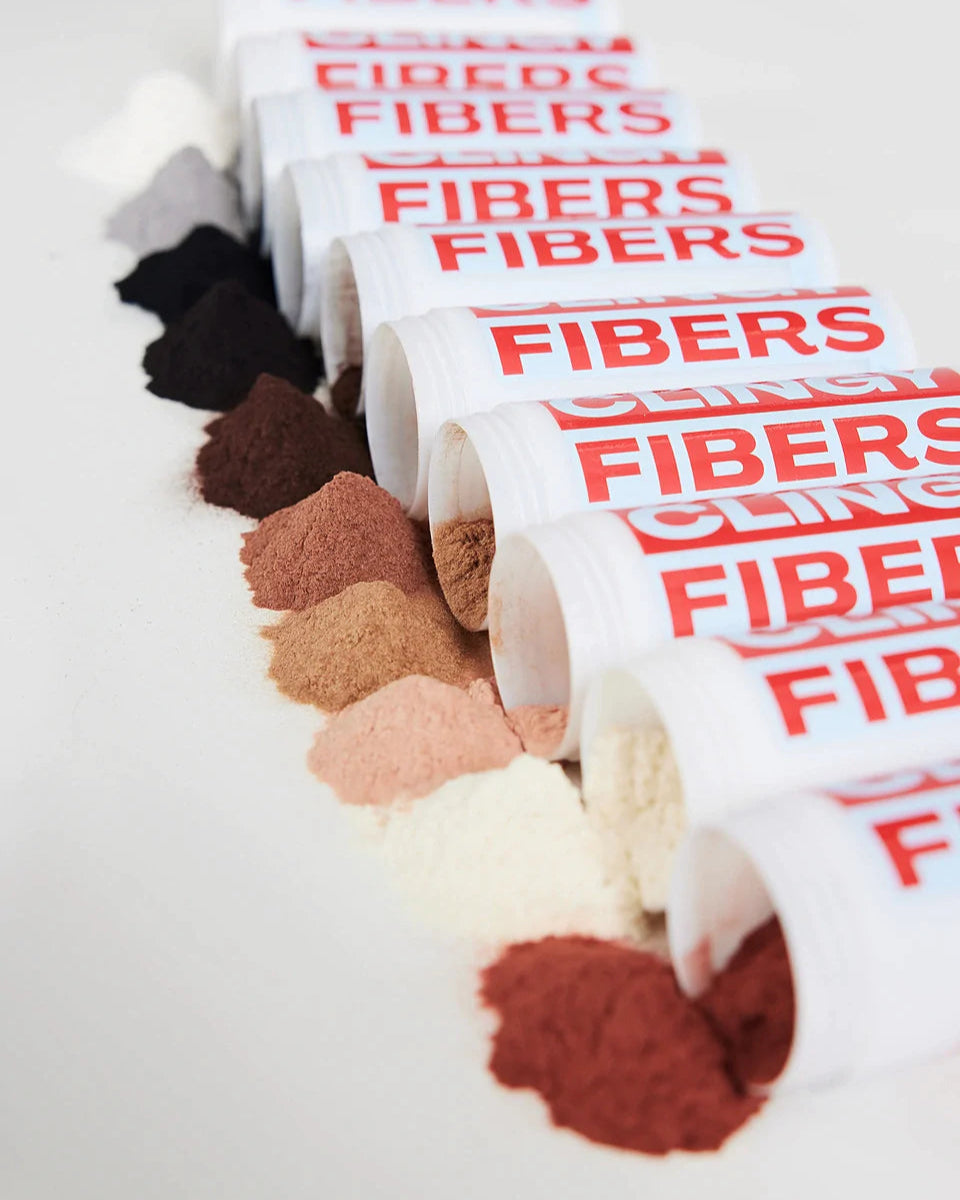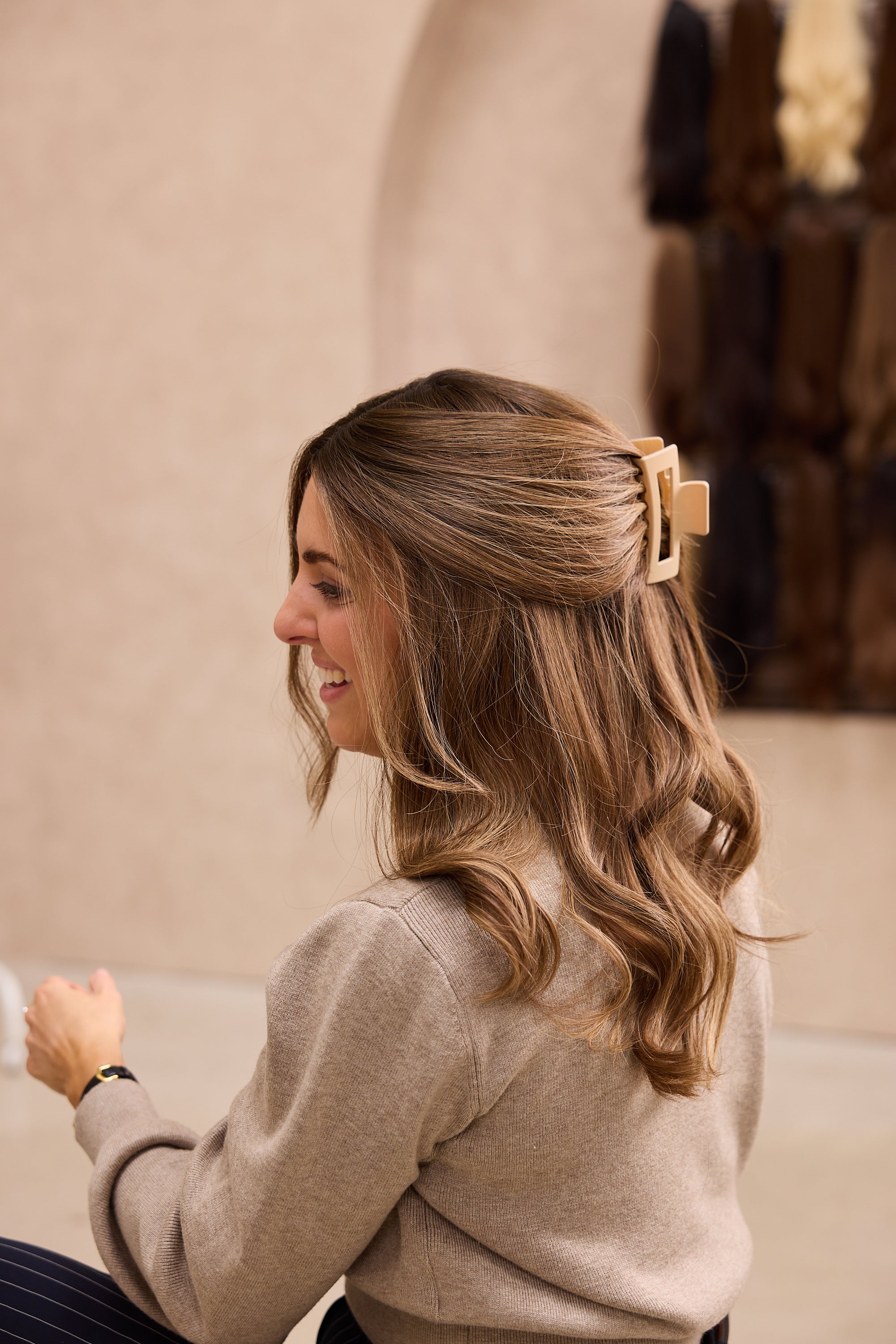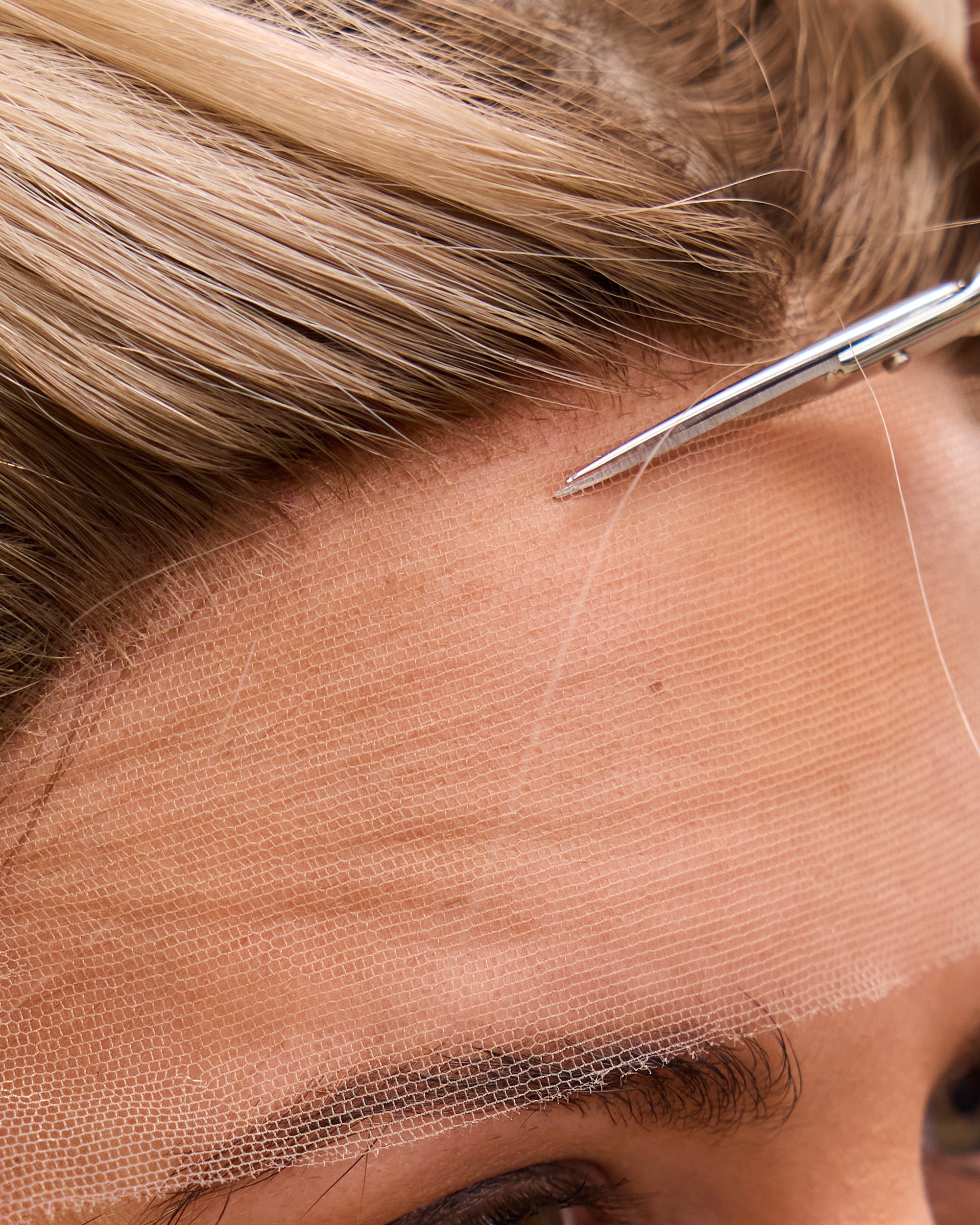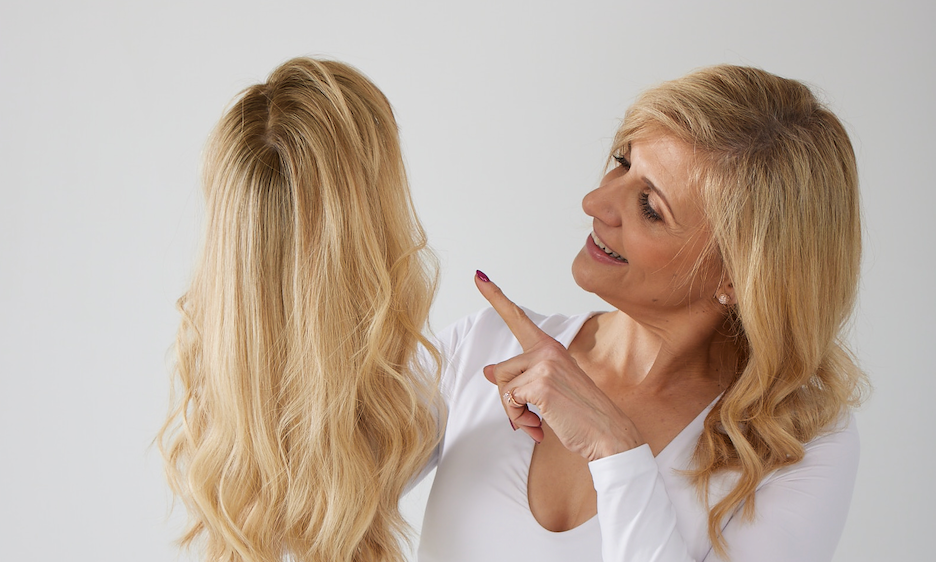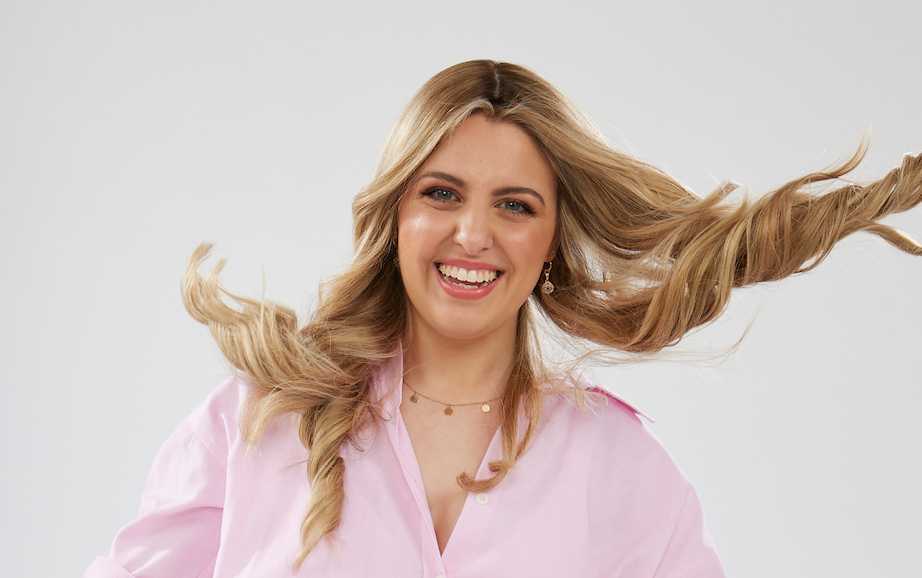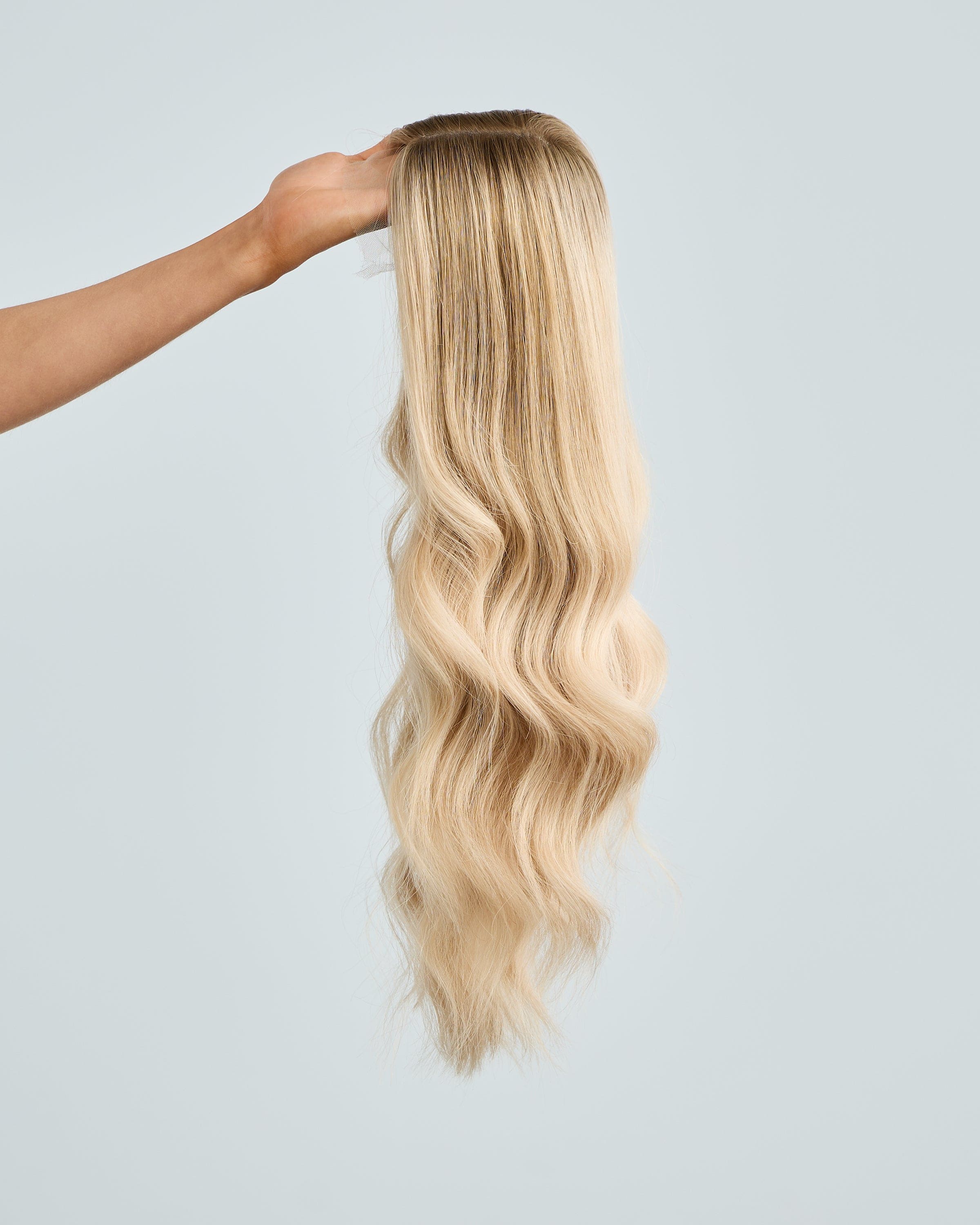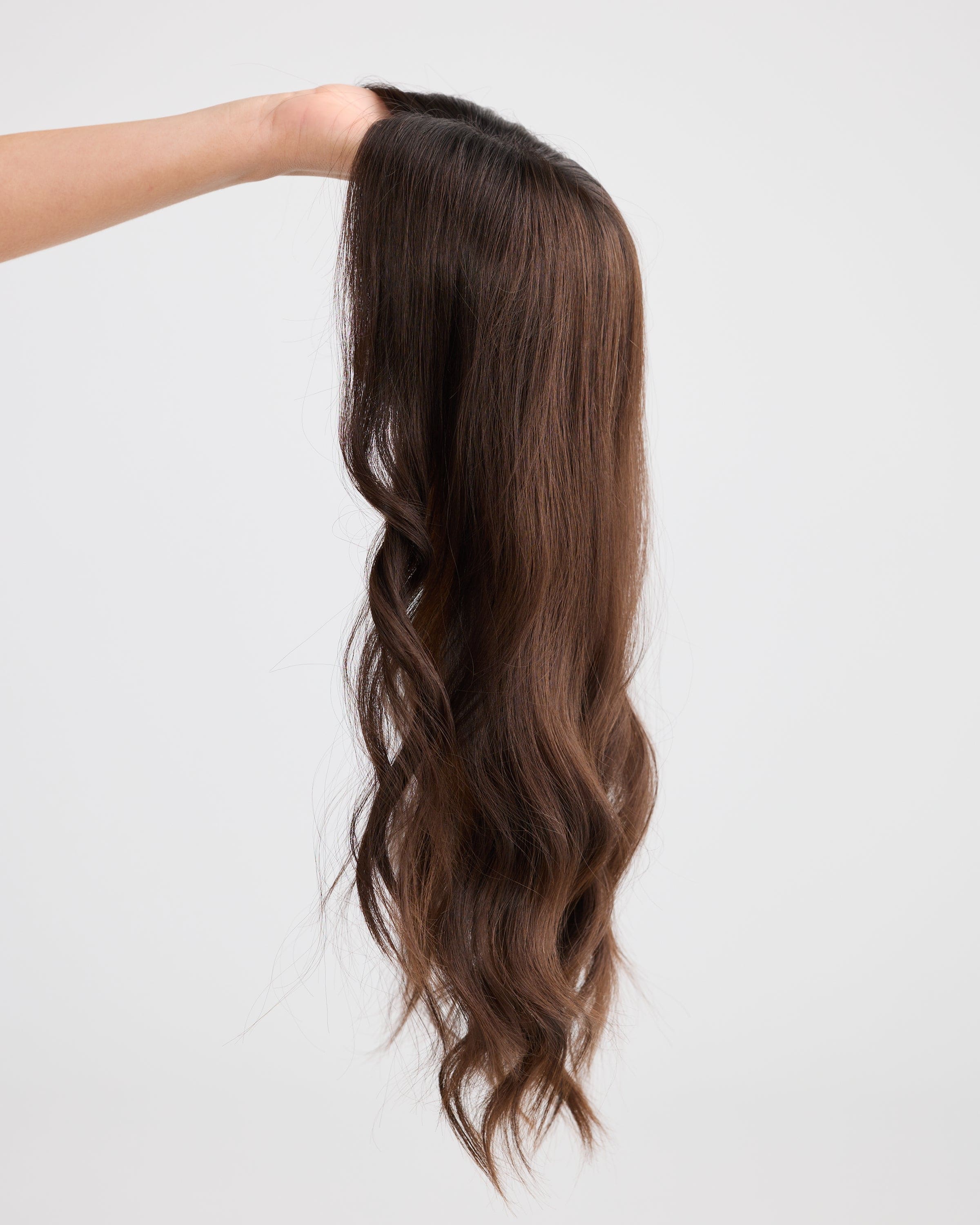Today, let's dive into a topic that's often not talked about enough: the connection between low testosterone and hair loss in females. As someone who has been dealing with hair loss since 19 years old, I have explored every possible cause for my hair loss. And looking at my testosterone levels was definitely one of them.
First things first, let's clear up a common misconception: Testosterone is not just a male hormone. Women have it too, albeit in smaller amounts. It plays a crucial role in our overall health, including the health of our hair.
So, can low testosterone cause hair loss in females? The short answer is yes, it can. But before you start panicking, let's break it down a bit.
The Hormonal Balance
Our bodies are incredibly complex, and maintaining a delicate hormonal balance is key to our well-being. Testosterone, along with other hormones like estrogen and progesterone, influences various aspects of our health, including hair growth.
Picture your body as a grand orchestra, with hormones as the talented musicians. Each hormone has a unique instrument to play, contributing to the symphony of your health. Among the key players are testosterone, estrogen, and progesterone.
While we often associate testosterone with men, it's not an exclusive hormone. Women produce testosterone too, just in smaller quantities. Think of it as the underappreciated soloist in our hormone orchestra. Testosterone's role goes beyond muscle development and is closely linked to several aspects of our health, including hair growth.
Estrogen is another vital hormone in the female body. It's responsible for regulating the menstrual cycle, maintaining bone density, and promoting healthy skin. Estrogen and testosterone work together to maintain a harmonious balance. When one hormone's level fluctuates, it can affect the other, potentially impacting hair growth.
Progesterone, often called the "feel-good" hormone, helps regulate mood, sleep, and other aspects of mental health. It also plays a role in preparing the body for pregnancy. Like estrogen, progesterone interacts with testosterone, ensuring that neither hormone becomes dominant and disrupts the delicate equilibrium.
The Role of Testosterone
Hair is composed mainly of a tough, fibrous protein known as keratin. Think of keratin as the essential building block of your hair structure. It forms the outermost layer, called the cuticle, which protects the inner layers of the hair shaft. When the cuticle is healthy, your hair looks shiny and smooth.
Here's where testosterone comes into play. Testosterone encourages the production of keratin in hair follicles. These follicles are tiny structures located in the skin that are responsible for hair growth. When testosterone interacts with these follicles, it signals them to produce keratin.
Testosterone contributes to hair growth by promoting the production of a protein called keratin. Keratin is the building block of our hair, making it strong and healthy. When testosterone levels drop significantly, it can disrupt this process, leading to hair thinning and even hair loss in some cases.
Hair growth goes through several phases, including a growth phase (anagen), a resting phase (telogen), and a shedding phase (catagen). Testosterone influences the duration and activity of the anagen phase, which is the phase where hair actively grows.
When testosterone levels are within a healthy range, it helps maintain the anagen phase, ensuring that your hair grows strong and healthy. However, when testosterone levels drop significantly or become imbalanced with other hormones, it can disrupt this delicate cycle.
Low testosterone levels, whether due to aging, medical conditions, or other factors, can lead to hair thinning and even hair loss. Without adequate testosterone, the production of keratin may slow down, making your hair appear weaker and more prone to breakage.
In some cases, this imbalance in hormone levels can also affect the size of hair follicles. Smaller follicles produce thinner hair strands, which can lead to a noticeable reduction in hair volume over time.
Causes of Low Testosterone in Women
Several factors can lead to low testosterone levels in women. These include:
-
Aging: As we get older, our hormone levels naturally decline, including testosterone.
-
Medical Conditions: Certain medical conditions, such as polycystic ovary syndrome (PCOS) and thyroid disorders, can affect hormone levels.
-
Medications: Some medications, like birth control pills and anti-androgens, can lower testosterone levels.
-
Stress: High levels of stress can disrupt our hormonal balance, leading to hair loss.
What to Look Out For
If you suspect low testosterone might be causing your hair loss, keep an eye out for other symptoms like fatigue, mood changes, decreased muscle mass, and irregular periods. It's essential to consult with a healthcare professional for proper diagnosis and guidance.
Taking Action
The good news is that there are ways to address low testosterone and its impact on hair loss:
-
Lifestyle Changes: Adopting a healthy lifestyle with a balanced diet, regular exercise, and stress management can help regulate hormone levels.
-
Hormone Replacement Therapy: In some cases, healthcare providers may recommend hormone replacement therapy to restore hormonal balance.
-
Hair Care: While working on the underlying causes, you can also take steps to care for your hair. Consider using hair toppers or wigs to boost your confidence while your hair regains its strength.
Remember, ladies, there's no one-size-fits-all solution when it comes to hair loss. Your journey is unique, and you deserve to feel your best at every stage. So, if you suspect low testosterone might be a contributing factor, don't hesitate to reach out to a healthcare professional for guidance.


